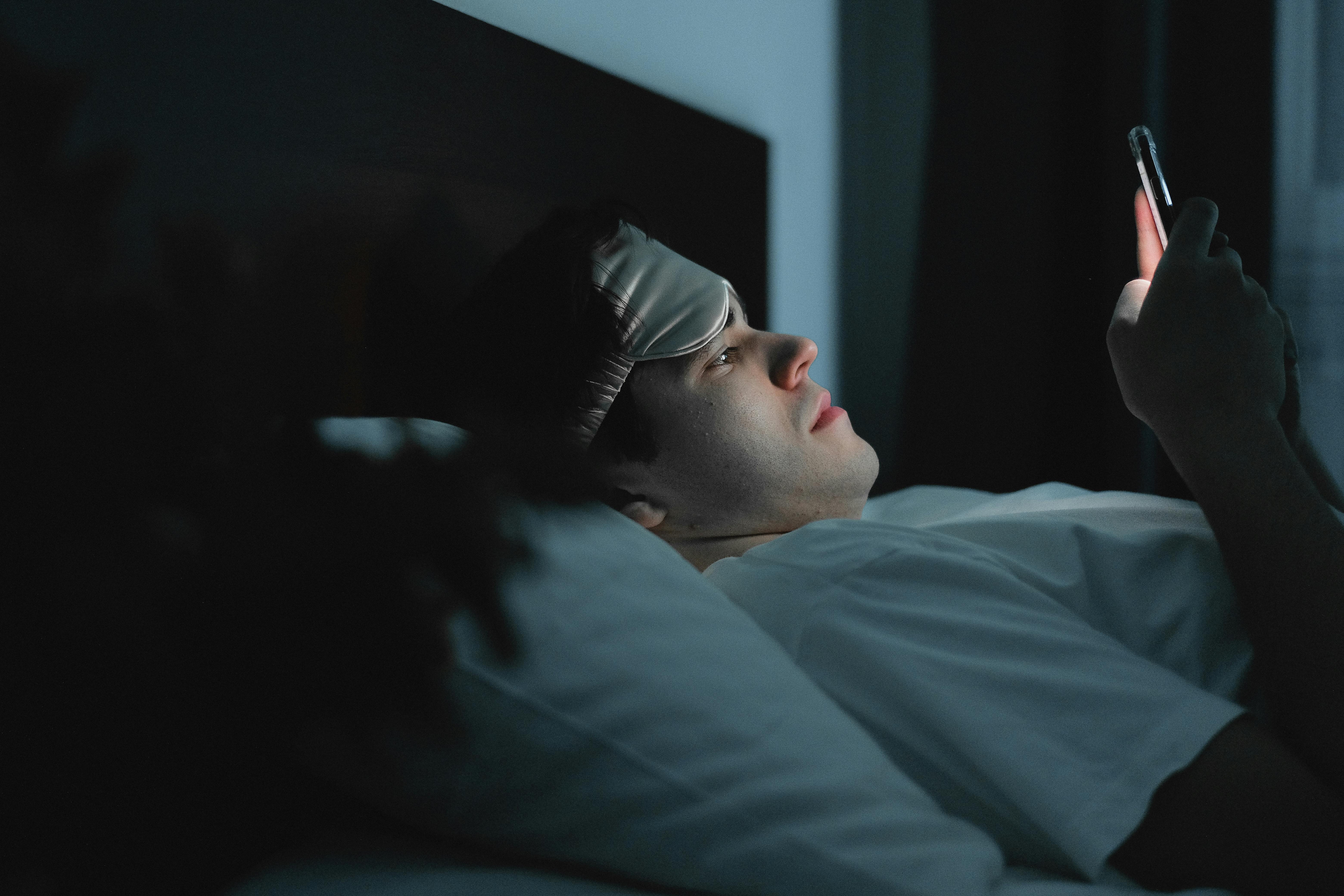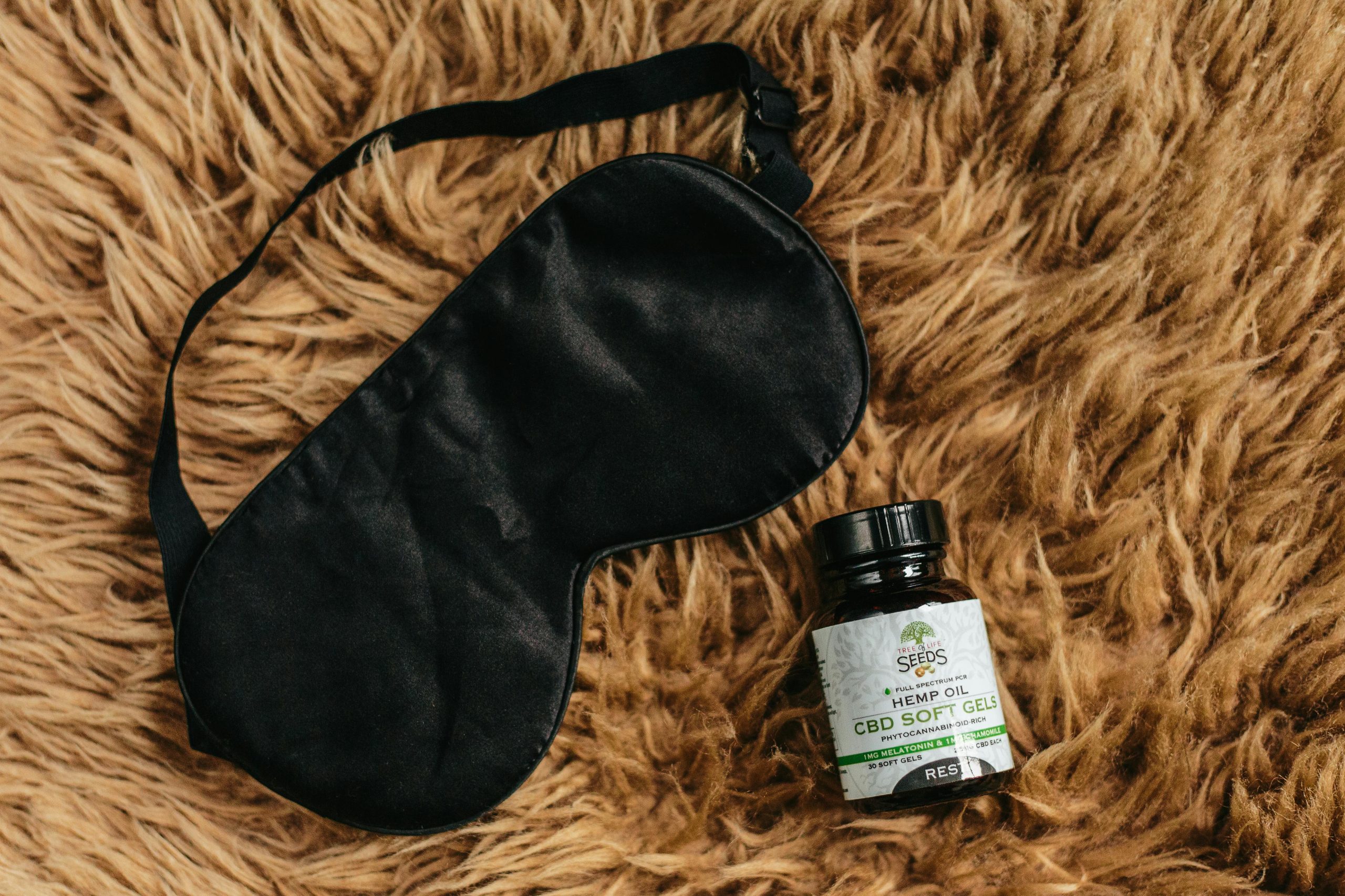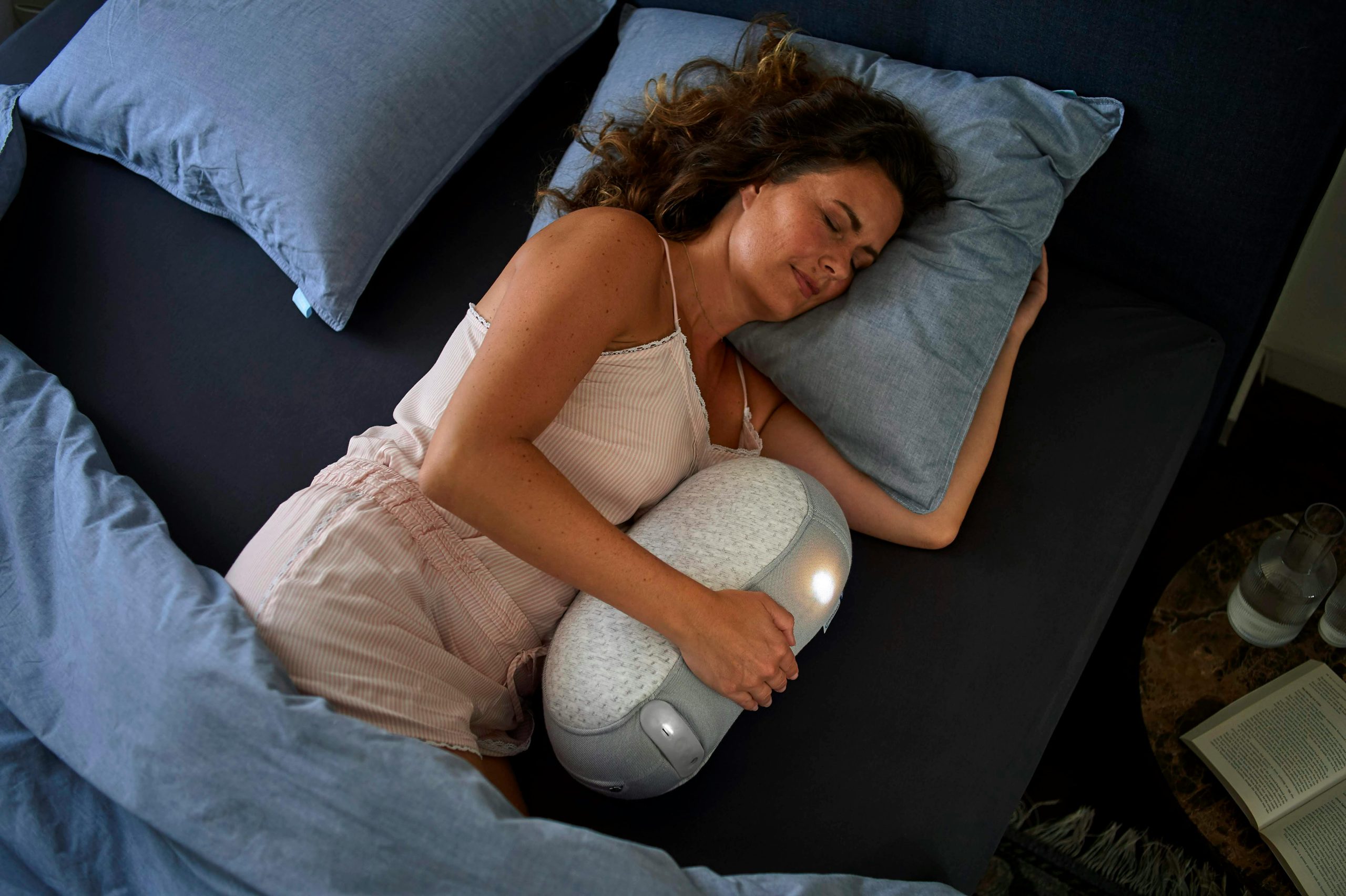Struggling to fall asleep or stay asleep? You’re not alone. Millions grapple with sleep issues, impacting their daily lives and overall well-being. The quest for a good night’s sleep often leads to exploring various solutions, and sleep aids have become a popular avenue. But with so many options available, how do you know which ones are right for you? This comprehensive guide delves into the world of sleep aids, examining their benefits, risks, and how to choose the best option for your individual needs. We’ll explore everything from natural sleep aids to over-the-counter options, providing you with the information you need to finally sleep better.
Understanding the Importance of Quality Sleep
Before diving into the specifics of sleep aids, it’s crucial to understand why quality sleep is so essential. Sleep is not merely a period of rest; it’s a vital physiological process that influences numerous aspects of our health. According to the National Sleep Foundation, adequate sleep is crucial for cognitive function, immune system health, and emotional well-being. Chronic sleep deprivation can lead to serious health problems, including cardiovascular disease, diabetes, and depression.
What Are Sleep Aids and How Do They Work?
Sleep aids are substances or devices designed to promote sleep. They work through various mechanisms, depending on the type of aid. Some, like melatonin supplements, regulate the sleep-wake cycle, while others, such as certain medications, affect brain chemicals that induce sleepiness.
Exploring Natural Sleep Aids: Gentle Solutions for Restful Nights
For those seeking a more holistic approach, natural sleep aids offer a gentler alternative to pharmaceutical options.
Melatonin: The Sleep Hormone
Melatonin is a hormone naturally produced by the pineal gland in the brain. It regulates the sleep-wake cycle, signaling to the body when it’s time to sleep. Melatonin supplements can be beneficial for individuals experiencing jet lag, shift work sleep disorder, or delayed sleep-wake phase disorder. Studies, such as those published in the Journal of Clinical Sleep Medicine, have shown melatonin’s efficacy in improving sleep onset and quality. Check out our top-rated melatonin supplement here, designed to help you regulate your sleep cycle naturally.
Herbal Remedies: Nature’s Sleep Solutions
Several herbal remedies have been traditionally used to promote sleep.
- Valerian Root: This herb has sedative properties and is believed to enhance GABA activity in the brain, which promotes relaxation.
- Chamomile: Often consumed as tea, chamomile has a calming effect and may improve sleep quality.
- Lavender: The scent of lavender has been shown to reduce anxiety and promote relaxation, making it a popular choice for aromatherapy.
These herbs can be consumed as teas, supplements, or essential oils. It’s important to consult with a healthcare professional before using herbal remedies, especially if you are taking other medications.
Lifestyle Changes: Building a Foundation for Better Sleep
Natural sleep aids are most effective when combined with healthy lifestyle habits.
- Consistent Sleep Schedule: Maintaining a regular sleep-wake schedule helps regulate your body’s natural sleep-wake cycle.
- Creating a Relaxing Bedtime Routine: Engaging in calming activities before bed, such as reading or taking a warm bath, can signal to your body that it’s time to sleep.
- Optimizing Your Sleep Environment: Ensure your bedroom is dark, quiet, and cool. Consider investing in blackout curtains, a white noise machine, or a comfortable mattress. Our selection of white noise machines can help create a soothing sleep environment.
- Regular Exercise: Physical activity can improve sleep quality, but avoid exercising too close to bedtime.
- Limiting Caffeine and Alcohol: These substances can interfere with sleep, so it’s best to avoid them in the hours leading up to bedtime.
Over-the-Counter (OTC) Sleep Aids: When Natural Options Aren’t Enough
When natural sleep aids and lifestyle changes are insufficient, OTC sleep aids may offer a temporary solution.
Antihistamines: A Common OTC Option
Many OTC sleep aids contain antihistamines, such as diphenhydramine or doxylamine succinate. These medications induce drowsiness by blocking histamine receptors in the brain. While they can be effective for occasional sleep problems, they are not intended for long-term use. The Mayo Clinic notes that prolonged use can lead to tolerance and daytime drowsiness.
Understanding the Risks of OTC Sleep Aids
It’s important to be aware of the potential risks associated with OTC sleep aids.
- Daytime Drowsiness: Antihistamines can cause lingering drowsiness the next day, impairing cognitive function and alertness.
- Tolerance: Regular use can lead to tolerance, requiring higher doses to achieve the same effect.
- Interactions with Medications: OTC sleep aids can interact with other medications, so it’s essential to consult with a healthcare professional before using them.
- Dependence: Though less common than prescription sleep aids, dependence can occur with extended usage.
Prescription Sleep Aids: When Professional Help is Needed
For chronic or severe sleep disorders, prescription sleep aids may be necessary. These medications are more potent than OTC options and should be used under the supervision of a healthcare professional.
Types of Prescription Sleep Aids
- Benzodiazepines: These medications enhance the effect of GABA, a neurotransmitter that promotes relaxation. However, they can be habit-forming and are not recommended for long-term use.
- Non-Benzodiazepine Hypnotics (Z-drugs): These medications, such as zolpidem (Ambien) and eszopiclone (Lunesta), also affect GABA receptors but are generally considered less likely to cause dependence than benzodiazepines.
- Orexin Receptor Antagonists: These medications, such as suvorexant (Belsomra), block orexin, a neurotransmitter that promotes wakefulness.
- Antidepressants: Some antidepressants, such as trazodone, have sedative effects and may be prescribed for sleep disorders.
The Importance of Professional Guidance
Prescription sleep aids should only be used under the guidance of a healthcare professional. They can assess your individual needs, determine the underlying cause of your sleep problems, and recommend the most appropriate treatment plan.
Choosing the Right Sleep Aid for You
Selecting the right sleep aid involves considering several factors, including the severity of your sleep problems, your health history, and your personal preferences.
Identifying the Root Cause of Your Sleep Issues
Before choosing a sleep aid, it’s crucial to identify the underlying cause of your sleep problems. Are you experiencing stress, anxiety, or depression? Do you have a medical condition that is affecting your sleep? Addressing the root cause can often lead to more effective long-term solutions.
Considering Your Lifestyle and Preferences
Your lifestyle and personal preferences also play a role in choosing the right sleep aid. If you prefer a natural approach, consider natural sleep aids and lifestyle changes. If you need a more immediate solution, OTC or prescription sleep aids may be more appropriate.
Consulting with a Healthcare Professional
It’s always best to consult with a healthcare professional before starting any new sleep aid. They can help you determine the best course of action and ensure that the sleep aid is safe and effective for you. Consider upgrading your bedding for better comfort, our weighted blankets are a great option for those seeking a deeper more restful sleep.
Gear to Sleep: Your Partner in Restful Nights
At geartosleep.com, we understand the importance of quality sleep. That’s why we offer a wide range of sleep aids, from natural sleep aids to innovative sleep products. Our goal is to help you find the perfect solution for your individual needs, so you can finally achieve the restful nights you deserve. Visit our website to explore our selection of sleep aids and find your perfect solution to sleep better.
Conclusion: Prioritizing Your Sleep for a Healthier Life
Sleep aids can be a valuable tool in your quest for better sleep. Whether you opt for natural sleep aids, OTC options, or prescription medications, it’s essential to prioritize your sleep and make informed choices. Remember, quality sleep is not a luxury; it’s a necessity for optimal health and well-being. Explore our sleep aids at geartosleep.com to find your perfect solution and embark on a journey towards restful nights and energized days.


